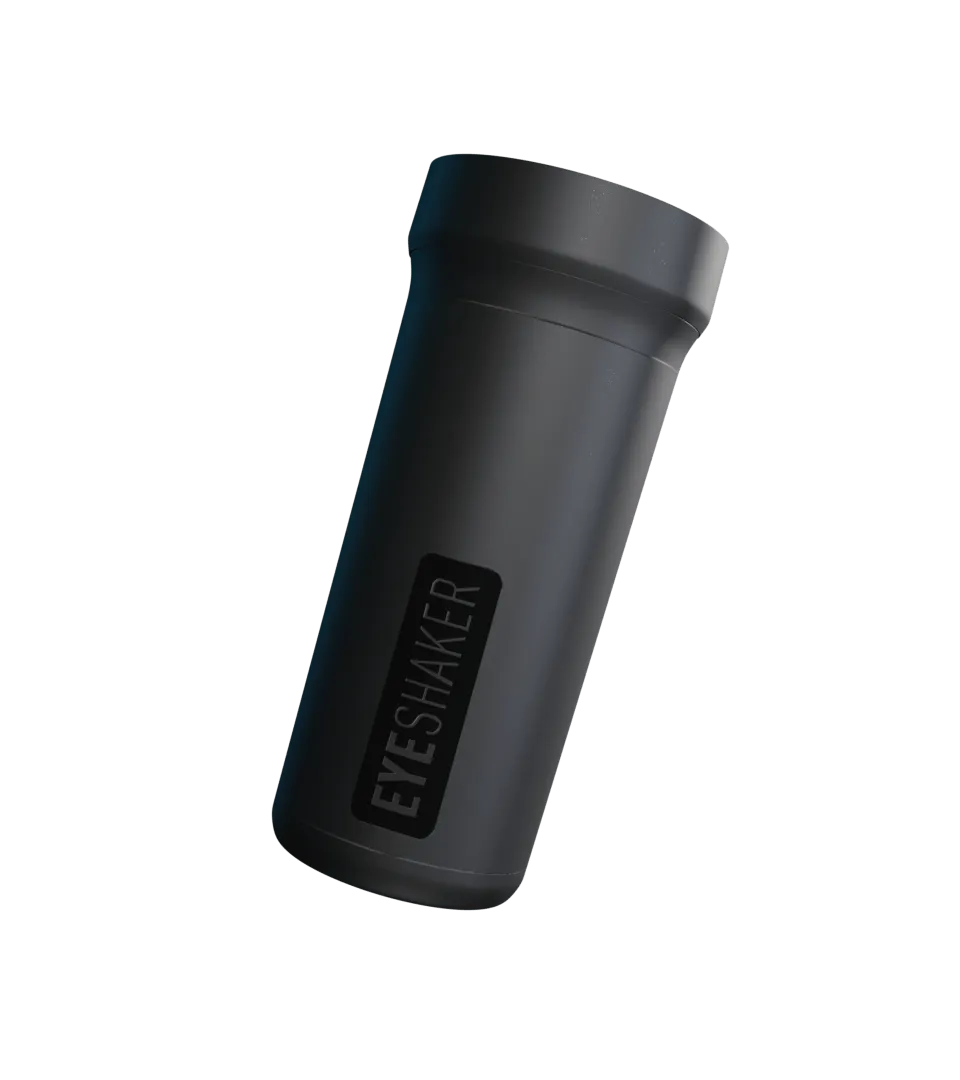Regularly cleaning your glasses not only ensures clear vision but also protects the lenses and frames from premature wear. However, not every household cleaning product is suitable for delicate glasses.
Why the choice of cleaning agent is crucial
Eyeglass lenses often have high-quality coatings such as anti-reflective or hard coatings. Harsh ingredients in conventional cleaning agents can attack these coatings, causing fine scratches and even discoloring the frame. Improper cleaning can significantly shorten the lifespan of your glasses.
Safe vs. risky – the shortlist
- Safe: special lens cleaning sprays, alcohol-free/AR-compatible solutions, lukewarm water, high-quality microfiber cloths
- Not safe: glass cleaners, all-purpose cleaners, household products such as vinegar, baking soda, toothpaste or spirits
- Also avoid: kitchen roll, paper tissues or rough fabrics
The problem with household cleaners
Many glass or all-purpose cleaners contain ammonia, acids, or solvents . These substances remove grease and dirt, but also attack coatings. Even supposedly "mild" dishwashing detergents can be problematic due to fragrances or additives—especially with daily use.
Recommended basic routine
In just a few steps, you can clean your glasses safely and thoroughly:
- Rinse off particles with lukewarm water
- Spray glasses spray (suitable for AR) on both sides
- Gently dry and polish with an absorbent microfiber cloth
Pre-moistened, alcohol-free cleansing wipes are ideal for use on the go. Complete sets are especially practical for everyday use.
What about dish soap?
Warm water plus a drop of dish soap is often recommended—and it works, especially if the detergent is truly mild, unscented, and free of lotion. In practice, this is difficult to test. For maximum safety, it's better to use tested, specialized cleaners.
Alcohol – when is it allowed?
Alcohol can damage certain coatings. Some manufacturers allow occasional use but advise against daily use. If unsure, use alcohol-free cleaning.
Keep your hands off…
- Household cleaners (glass cleaner, vinegar, bleach)
- Household remedies (toothpaste, baking soda, baking powder)
- Paper products (kitchen roll, tissues)
- Dry cleaning without prior rinsing
- Hot water
Ultrasound – with care
Ultrasonic cleaners can be very thorough, but they aren't suitable for all lenses or coatings. The safest approach is to have them used by an optician who can assess the material.
The EYESHAKER routine
- Fill shaker halfway with water, add a cleaning tab
- Shake glasses gently for 15 seconds
- Rinse briefly under clean water
- Dry and polish with THE GLOVE
One tab lasts for up to 10 days – perfect for a quick, daily care routine.
Products for safe eyeglass care
- Cleaning Tabs – effective against dirt and oil, gentle on all coatings
- Cleaning Kit – complete with spray and THE GLOVE for thorough cleaning at home
- The Cleaner Pocket – compact solution for clear vision on the go
- Bundle “I want it all” – everything you need for perfect eyeglass care
- Bundle “The Cleanest Year” – a whole year of safe eyeglass care
Conclusion
Proper eyeglass care extends the lifespan and maintains clear vision. Specialty cleaners and microfiber cloths are the best choice; household cleaners or paper products, on the other hand, risk scratches and damage. With a simple routine like the EYESHAKER, your glasses will stay like new every day.








